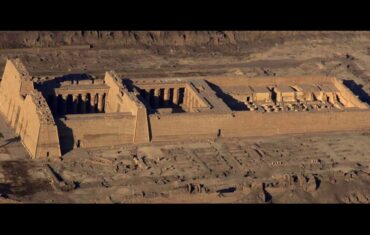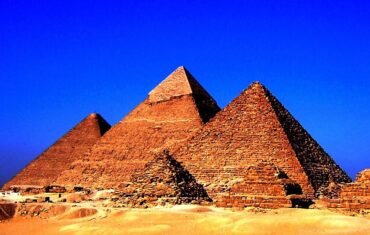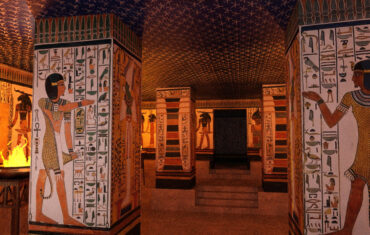Abdeen Palace was built in 1863 on an area of 25-feddan by Egyptian, Italian, French and Turkish architects. It was in 1872 that this luxurious palace became the seat of the government.
In the late eighties, President Mubarak ordered that the palace, one of the most beautiful in the world, be completely restored, to form part of Egypt’s heritage. Restoration work took longer than expected as the old palace was badly damaged during the strong 1992 earthquake that hit Egypt.
Abdeen Palace is one of the most famous palaces erected during the reign of Mohamed Ali Pasha’s Dynasty, and was the seat of the government between 1872 and 1952. During this eventful period, Abdeen Palace witnessed unforgettable events that undoubtedly affected Egypt’s modern and contemporary history.
The palace was built in 1863 under the order of Khedive Ismail, and was named after Abdeen Bay, one of the army commanders under Mohamed Ali Basha. In 1872, Khedive Ismail moved to Abdeen Palace, leaving the castle, the old seat of Egypt’s government that was built by Saladdin Al Ayoubi in 1171. Today the Abdeen Palace Museum complex stands as evidence of Egypt’s active role over time.
The complex features a military museum displaying all the arms presented as gifts to President Mubarak on various occasions, a museum of ancient weapons and a museum of the medals and orders of merit bestowed on members of Egypt’s royal family and eminent Egyptian figures.
Khedive Ismail’s sons and grandsons were fond of the Abdeen Palace . Everyone of them made his contribution to it to reflect his taste and the spirit of the era. For example, King Fouad I, who ruled Egypt from 1917 to 1936, assigned some of the Palace’s rooms as a museum for the Royal Family’s possessions, including weapons, ammunition, decorations, orders … etc.
King Farouq I, who succeeded King Fouad I from 1937 to 1952, added a lot of possessions, especially the weapons, for which he annexed a special library.
In the wake of the July 1952 Revolution, management of Abdeen Palace museum was assigned to Museums Department in the Citadel. Afterward, late President Sadat assigned the museum management to the Presidency of the Republic and ordered the Palace and its museum to be restored and renovated.
Under President Mubarak, restoration works were completed and As-Salam Museum , for President and Mrs. Mubarak’s possessions, was added. Besides, another museum for silverware, chinaware, crystal and Gallé collections of Mohamed Ali’s Family was established under the name “Abdeen Palace Museums” and re-inaugurated by President Mubarak on October 17, 1998.
On December 16, 2004, a specialized museum for historical documents was established. It is considered one of the most important sections of the museums for visitors as well as researchers in this field.





